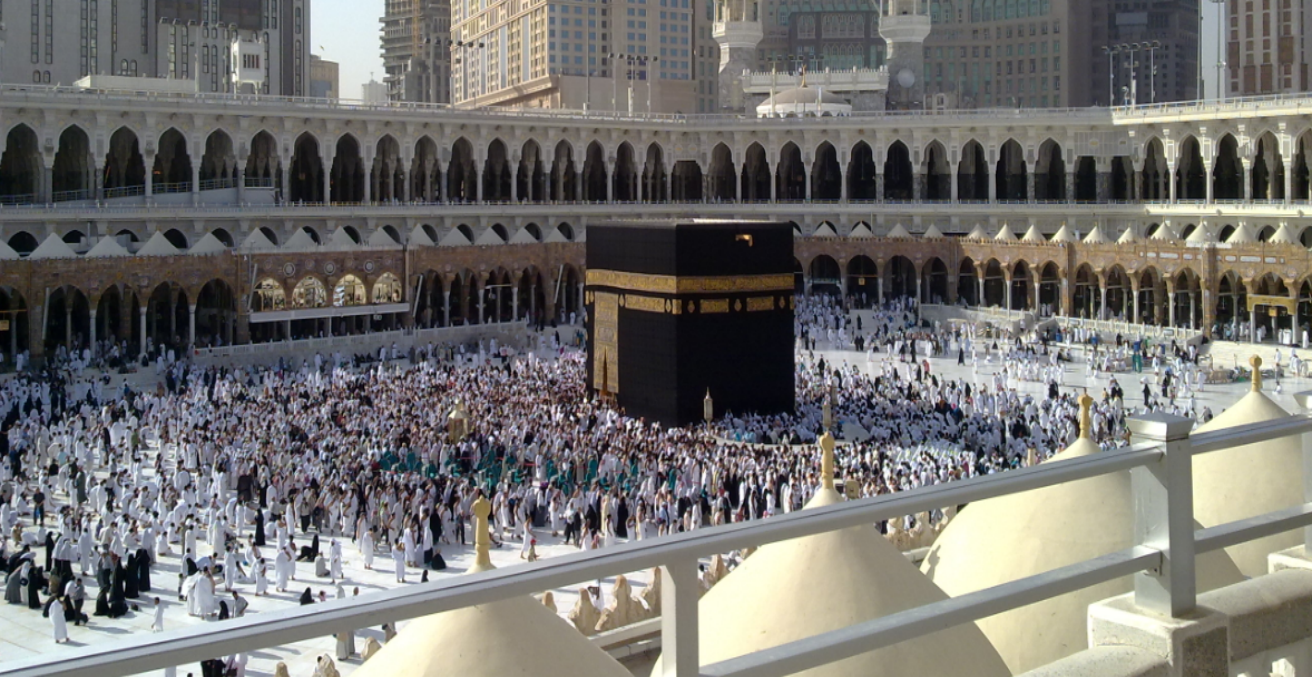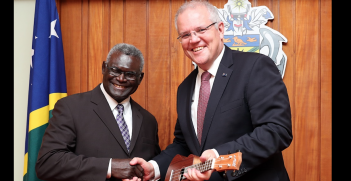The Journey of Political Islam

The roots of present-day Islamist terrorism lie in the puritanical ideology of Wahhabism. Its influence on political Islam leaves little room for pluralistic interpretations.
Seventeen years after 9/11, one ponders the state of the inter-related concepts of political Islam and Islamist terrorism that inflicted this mayhem. Given that international counter-terrorist activities since 9/11 have significantly weakened, if not eliminated, the material capability of Islamist terrorist groups such as ISIS and al-Qaeda, have counter-terrorist efforts succeeded in delegitimising the discourses of Islamist terrorism that have motivated a minuscule section of young Muslims to participate in indiscriminate acts of terror? The answer appears to be ‘hopelessly no’, given the fact that Muslim politics across the world continues to thrive off a homogenised version of political Islam.
The roots of present-day Islamist terrorism lies in the tradition of political Islam with its roots in the puritanical Islamic ideology of Wahhabism in the 18th century which sought to arrest the declining fortunes of Arab Muslim communities by resurrecting a more literal Islamic discourse of Wahdut al-Shuhud (‘All is from Allah’) as opposed to the then-prevailing Sufi Islamic discourse Wahdut al-Wujud (‘All is Allah’). As a result, it brought a transformative shift in the meaning of the foundational principles and concepts of Islam such as sharia, jihad, dawa hijrat, iman and umma. These concepts were centred around the discourse of tawhid (monotheism) in the name of ensuring correct practice of Islam. Collectively, it produced a literal, binary, rigid, ideological, exclusive and masculine conception of Islam with three important features: first, a vertical relationship between mankind and Allah via the Quran, hadith and sunnah without any role for intermediaries such as learned ulema, Sufis, institutions or interpretive textual traditions; second, Allah imagined as a complete uncreated entity separate from all created things including home, family, tribe, community, nation and world; and third, Allah as the sole source of legitimate authority over everything – including political rule – and the sole object of worship, glory and expectation for mankind.
All subsequent modern Islamist reformist movements – both political and non-political – have operated within the above discursive meaning of tawhid as laid down in Wahhabi-Salafi narratives. Today, this meaning of tawhid has become hegemonic, particularly due to Saudi Arabia’s ambitions to “universalise” its own Wahhabi-Salafi version of tawhid.
Such understandings of tawhid have implications in radicalising a section of Muslim youth. This includes the dissemination of the idea that by restoring Allah’s rule – which is considered to have been corrupted through a long process of shirk (innovations including ideas, practices and institutions that were non-existent during the period of Prophet Muhammad) – the pristine glory of Islam and the fortunes of Muslims may be restored. That is why the idea of ‘Islamic State’ and conceptions of Islamic rule, no matter how faceless and abstract they are, continues to retain appeal among segments of Muslim societies. In part, the appeal for some form of Islamic rule is also a reflection of Muslim societies’ struggles in grappling with modernity given the historically painful experience of colonisation and dismemberment.
Second, it makes Muslims accountable only before Allah in their daily life and requires that they uphold Allah’s authority in all matters of life – including political ones – with the consequence that temporal authority suffers from lack of legitimacy. In other words, Islam continues to be the source of legitimacy for government in Muslim societies, and states become an extension of the Muslim ummah or community of faith. One implication of this process is that almost all Muslim rulers/governments – no matter how popular, democratically elected and legitimate they may be – if they stay long in power, tend to move towards Islamist politics and gravitate toward an authoritarian mode of governance. Erdogan’s Turkey exemplifies this trend.
Finally, the concept of tawhid partly explains the constant search for ‘ummatic unity’ based on the principle of ‘one faith, one community’, which in turn requires a break with any national borders, caste, community, tribe and family to restore a homogenous ummah under Allah’s guidance. Examples of ‘ummah politics’ abound, the most recent being the migration of sections of Muslim youth to Afghanistan or ISIS-controlled territories in Syria and Iraq. The diversity of everyday Islamic experiences across the Muslim world lacks legitimacy in the Wahhabi-Salafi discourse of tawhid, which considers them an obstacle to the creation of ummatic unity.
This explains why Sufi shrines and other religious centres that espouse alternative Islamic practices – which fail to prescribe to the Wahhabi-Salafi understanding of tawhid – have been the object of attack by Muslim extremists. Over the centuries this monolithic conception of tawhid, championed by modern Islamist reformist movements and some modern Muslim states, has resulted in the erosion of much of Islam’s internal catholic, syncretic, pluralistic, accommodative and humanistic traditions in the name of denouncing them as shirk (innovations) or corrupt and deviant practices. One implication of this is the misplaced understanding of Islam as having a low premium on human life and rejecting the idea of pluralism and the politics of accommodation.
Professor Anwar Alam is a Senior Fellow at the Policy Perspectives Foundation in New Delhi.
This is an edited version of his remarks at AIIA ACT Branch on 26 July.
This article is published under a Creative Commons Licence and may be republished with attribution.





